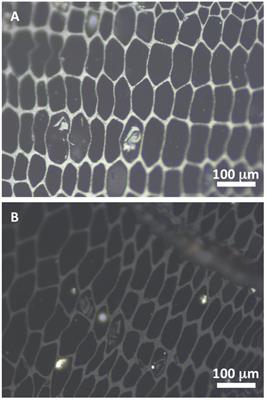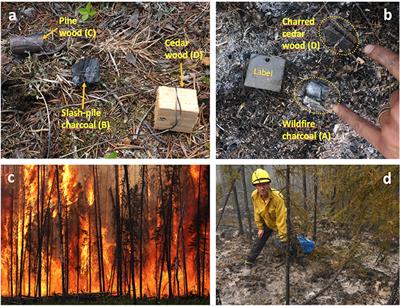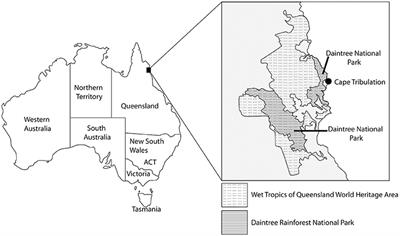EDITORIAL
Published on 27 Feb 2019
Editorial: From Fires to Oceans: Dynamics of Fire-Derived Organic Matter in Terrestrial and Aquatic Ecosystems
doi 10.3389/feart.2019.00031
- 2,036 views
- 11 citations
24k
Total downloads
229k
Total views and downloads
EDITORIAL
Published on 27 Feb 2019
ORIGINAL RESEARCH
Published on 25 Oct 2018

ORIGINAL RESEARCH
Published on 10 Oct 2018

ORIGINAL RESEARCH
Published on 04 Jun 2018

ORIGINAL RESEARCH
Published on 14 May 2018

ORIGINAL RESEARCH
Published on 08 May 2018

ORIGINAL RESEARCH
Published on 24 Apr 2018

REVIEW
Published on 20 Mar 2018

ORIGINAL RESEARCH
Published on 12 Jan 2018

ORIGINAL RESEARCH
Published on 29 Nov 2017

ORIGINAL RESEARCH
Published on 29 Nov 2017

ORIGINAL RESEARCH
Published on 23 Nov 2017

